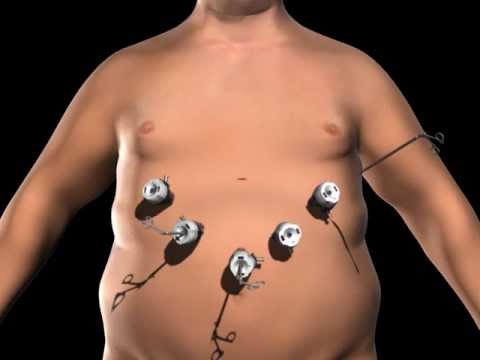While the cosmetic benefits may appear to be the most obvious reason for undergoing bariatric surgery, the health benefits are actually much more significant. With a host of comorbidities associated with obesity, it is important to understand just how bariatric procedures can help you live a full and healthy life.
Gastric sleeve surgery (sleeve gastrectomy) is a simpler procedure to perform than gastric bypass, resulting in fewer complications and faster recovery times. The gastrointestinal tract is not changed in a sleeve gastrectomy, decreasing possible complications, like vitamin deficiencies that occur with gastric bypass surgery. Patients can lose weight similar to gastric bypass surgery, over a significantly shorter time.
One reason the gastric sleeve results are so positive is, when we do the operation, we take out a section of your stomach that produces a hormone called Ghrelin. Ghrelin is known as the hunger hormone. It stimulates feelings of hunger, so when we remove this portion of the stomach, our patients find their hunger levels drop, and it is easier to eat less. Additionally, we are removing about 70 – 80% of your stomach, so the stomach feels full with a much smaller volume of food.
For this reason, patients tend to eat less and feel full more quickly. Another benefit of this surgery is that your stomach will continue to function normally. As a result, you can still eat most of your favorite foods with no worries about suffering from dumping syndrome, which is characterized by abdominal discomfort and other related symptoms. You also do not have to worry about foreign bodies being implanted in you, as is the case with lap band surgery.























